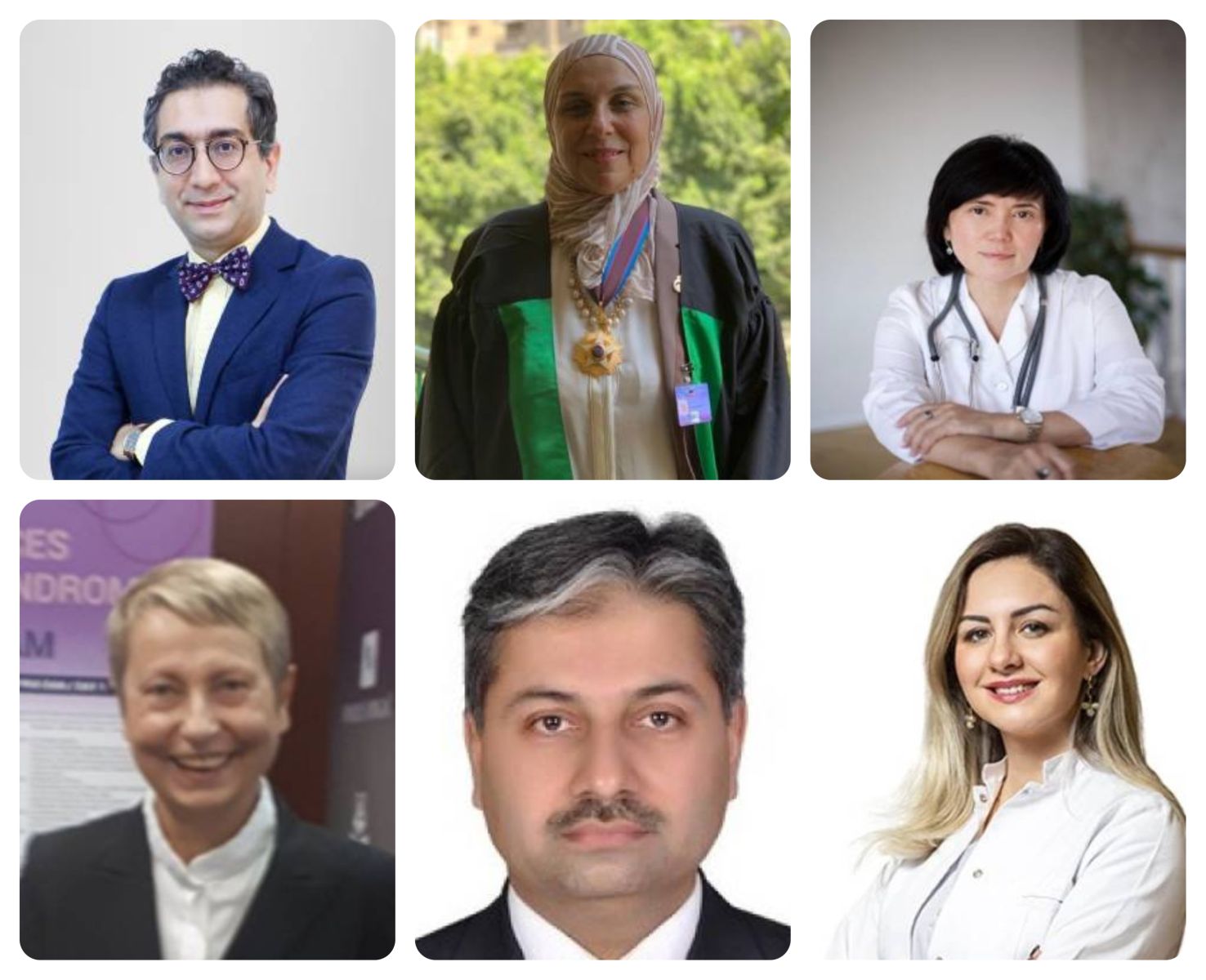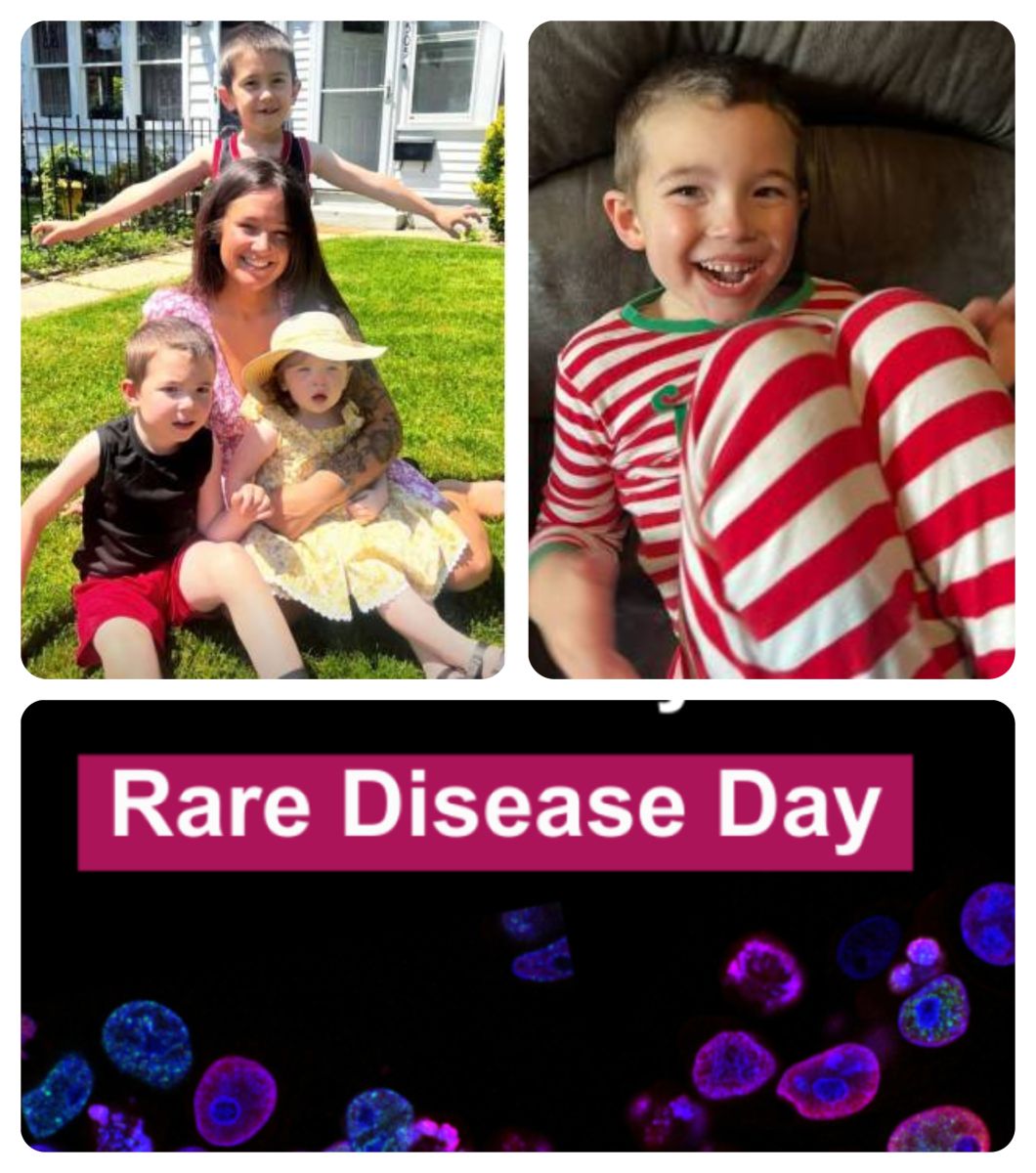World Rare Disease Day 2025: The Power of International Cooperation in rare disease research

On February 28, 2025, the world marks Rare Disease Day, highlighting the importance of global partnerships in scientific research. The Neurogenetics Laboratory at the Institute of Neurology at the University of London celebrates the crucial role of its international staff, whose efforts contribute to groundbreaking discoveries in the field of rare diseases, changing lives around the world.
Cooperation from South Asia to the Caucasus and Eastern Europe, from North Africa to Central Asia, has led to significant progress in disease characterization, the discovery of new genes, and the improvement of diagnostics for rare neurological diseases. This collaboration across continents and resources has laid the foundation for numerous scientific achievements and breakthroughs aimed at improving patients' quality of life.
Spotlight: Nazira Asanova Zharkinbekova – A Leader in rare disease research in Kazakhstan
Particular attention was given to an interview with Nazira Asanova Zharkinbekova, Head of the Department of Neurology, Psychiatry, Rehabilitation, and Neurosurgery at the South Kazakhstan Medical Academy, who shares her inspiration to work in the field of rare diseases and the importance of international cooperation.
"I was inspired by the urgent need for better knowledge and resources on rare diseases in Kazakhstan," says Nazira Asanova Zharkinbekova. "One of my key projects is the creation of a database of rare genetic mutations in the Kazakh population. Our partnership with UCL has been invaluable in achieving this goal: it has opened new horizons for scientific research and experience exchange, significantly improving diagnostics and therapy possibilities."
An important role in our collaboration is played by Associate Professor, PhD Rauan Bogdanovich Kaiyrzhanov, who acts as a link between the South Kazakhstan Medical Academy and the UCL Institute of Neurology. He completed his doctorate at UCL under the guidance of Professor Holden, who heads the Neurogenetics Laboratory at the institute. Thanks to his expert knowledge and unique role as a bridge between our institutions, we have been able to establish successful and productive cooperation, leading to significant progress in the field of rare diseases.
Key Participants in the International Collaboration
1. Associate Professor, PhD R.B. Kaiyrzhanov is a key figure in international cooperation. After completing his doctoral studies at UCL, he continued to work with the university and actively collaborates with the Neurogenetics Laboratory at the Institute of Neurology. His involvement in neurogenetics projects has greatly contributed to the successful advancement of research in rare diseases.
2. Professor Henry Holden, Head of the Neurogenetics Laboratory at the Institute of Neurology at UCL, actively coordinates scientific research and projects focused on studying the genetic foundations of rare diseases. His extensive experience and highly skilled scientific team allow for successful work on identifying genetic mutations, which is crucial for diagnosis and developing treatment methods for rare diseases.
3. Dr. Rauan Bogdanovich Kaiyrzhanov plays an active role in the project, focusing on genetic testing and diagnostics of rare diseases. His research helps identify the molecular and genetic foundations of diseases, opening new avenues for further diagnosis and treatment.
4. Professor Tipu Sultan from Pakistan contributes significantly to the project by studying the genetic foundations of rare diseases in South Asia. He is an expert in molecular genetics and actively participates in the data analysis from the research.
5. Professor Maha Zaki, working at the National Research Center in Cairo, is actively studying genetic mutations typical for Arab countries and contributes to developing methods for diagnosing and treating rare diseases in North Africa and the Middle East.
6. Nazira Asanova Zharkinbekova, Head of the Department of Neurology, Psychiatry, Rehabilitation, and Neurosurgery at the South Kazakhstan Medical Academy, plays a key role in organizing scientific research aimed at studying rare diseases in Kazakhstan. Her active participation in international projects helps improve the diagnosis and treatment of patients suffering from genetic diseases and fosters knowledge exchange with foreign colleagues.
7. Numerous research teams from countries such as India, Turkey, and Russia also contribute to the development of diagnostic methods, the identification of genetic mutations, and the creation of global databases for rare diseases.
One of the most significant achievements of this collaboration was participation in a project that helped discover a new Parkinson's disease gene for the first time in Kazakhstan and identify the genetic causes of rare diseases such as cerebellar ataxia and chorea. This breakthrough discovery is of immense importance for diagnostics and developing treatment methods, which will help many families in the country.
Nazira Asanova Zharkinbekova also emphasizes the importance of raising awareness about rare diseases and involving the public in research. "In Kazakhstan, we still do not have established frameworks for patient participation in research, but I am confident that this direction will develop. It is essential for patients and society to actively support research, as it will not only improve diagnostics but also help overcome the stigma of rare diseases."

Together Toward New Horizons
Rare Disease Day 2025 reminds us that global cooperation based on knowledge and experience exchange is the foundation of successful scientific breakthroughs. The work done by researchers like Nazira Asanova Zharkinbekova and their partnerships with leading global scientific centers like UCL are shining examples of how international collaboration can significantly improve diagnosis, treatment, and quality of life for patients with rare diseases.
We are moving toward a future where rare diseases will become not only more understood but also more accessible for diagnosis and treatment, thanks to the efforts of scientists worldwide, united by a common goal — to improve people's lives.
Source: World Rare Disease Day 2025 - Advancing Rare Disease Research Through Global Partnerships | UCL Queen Square Institute of Neurology - UCL
 453 views
453 views
